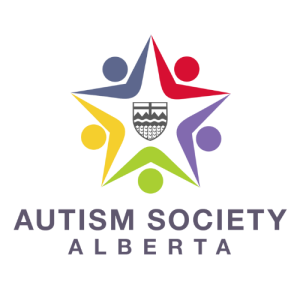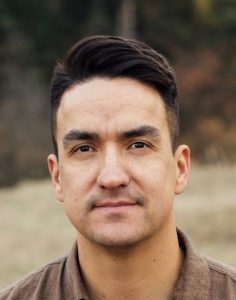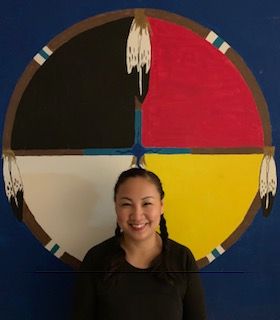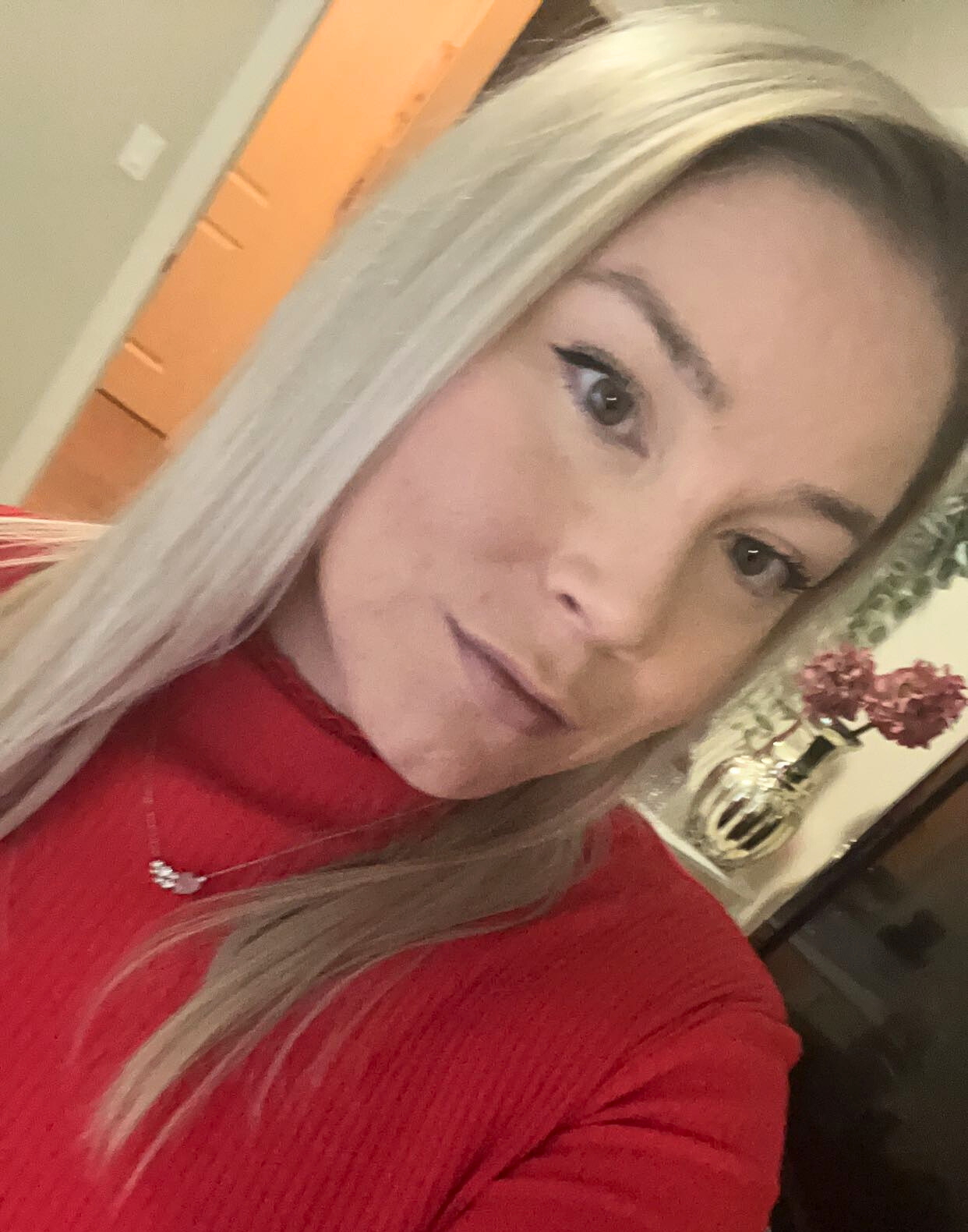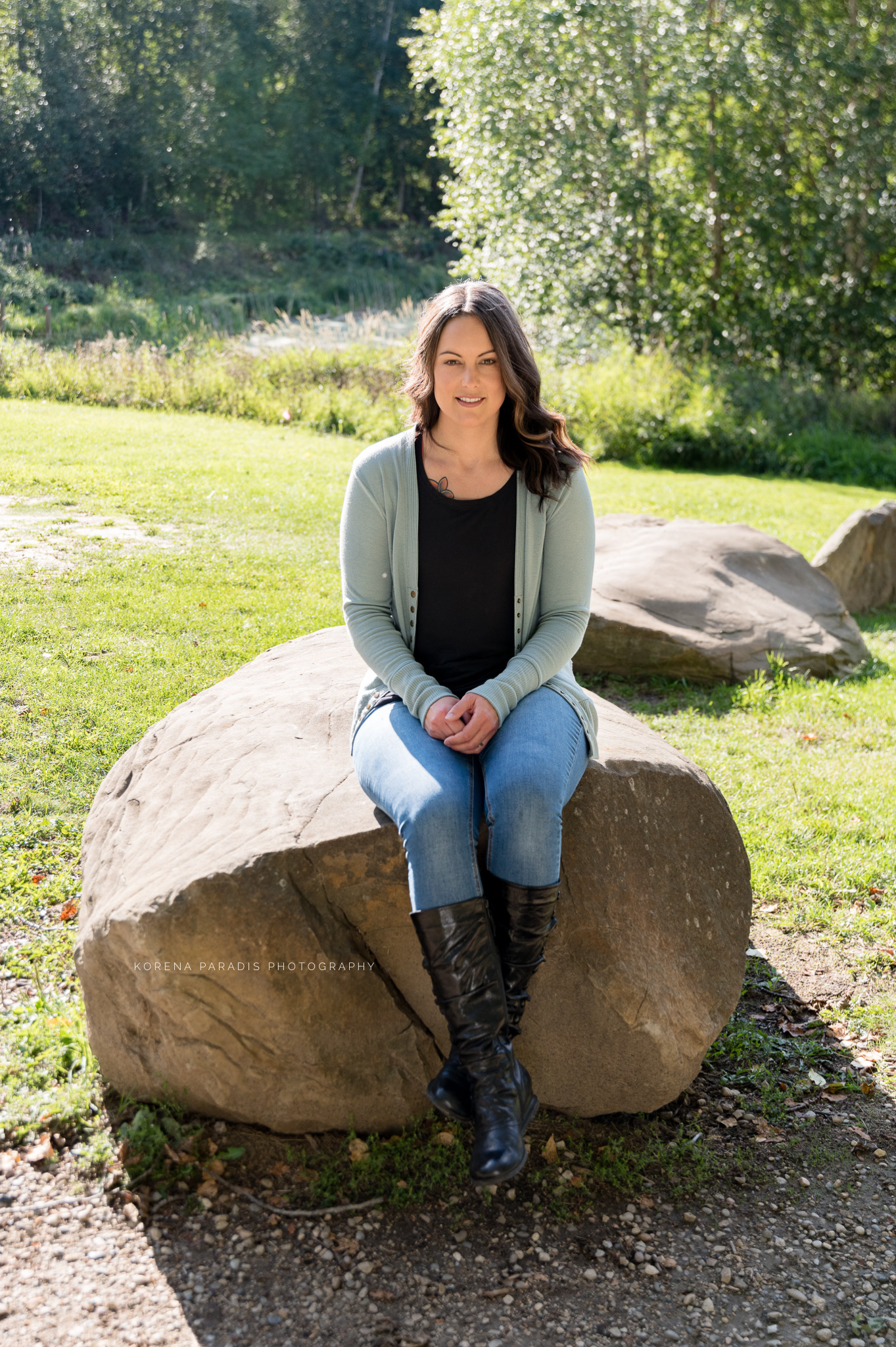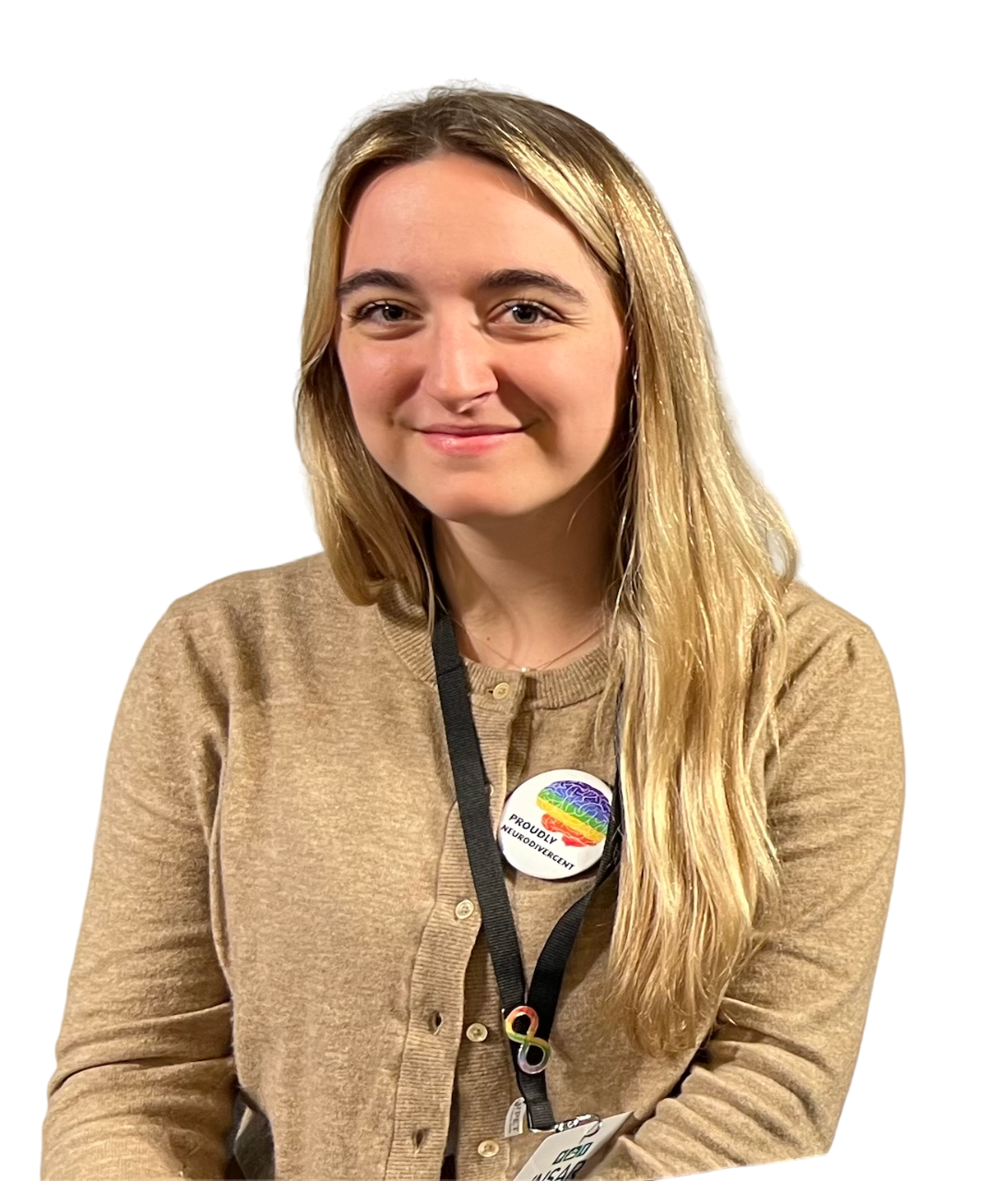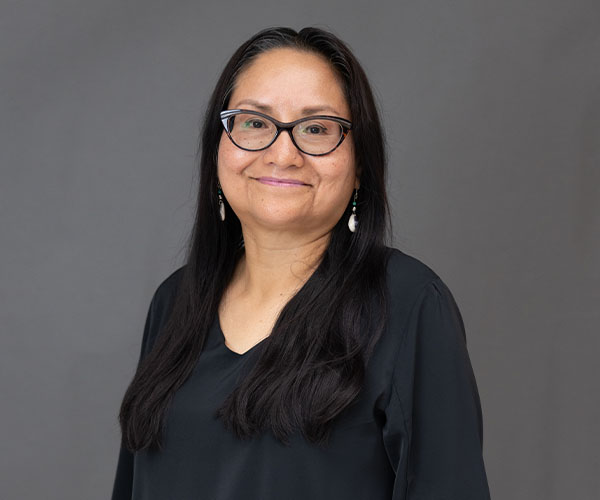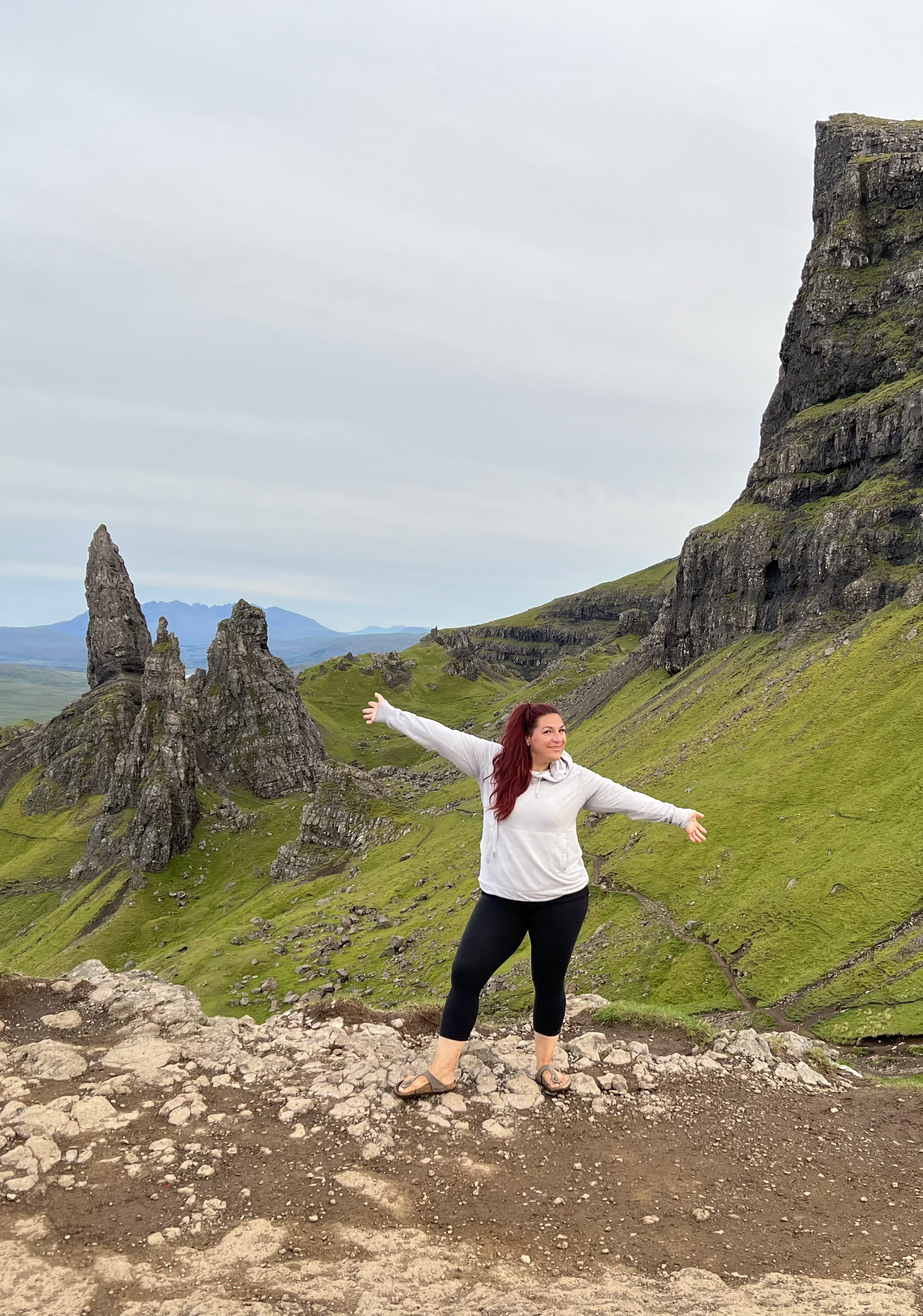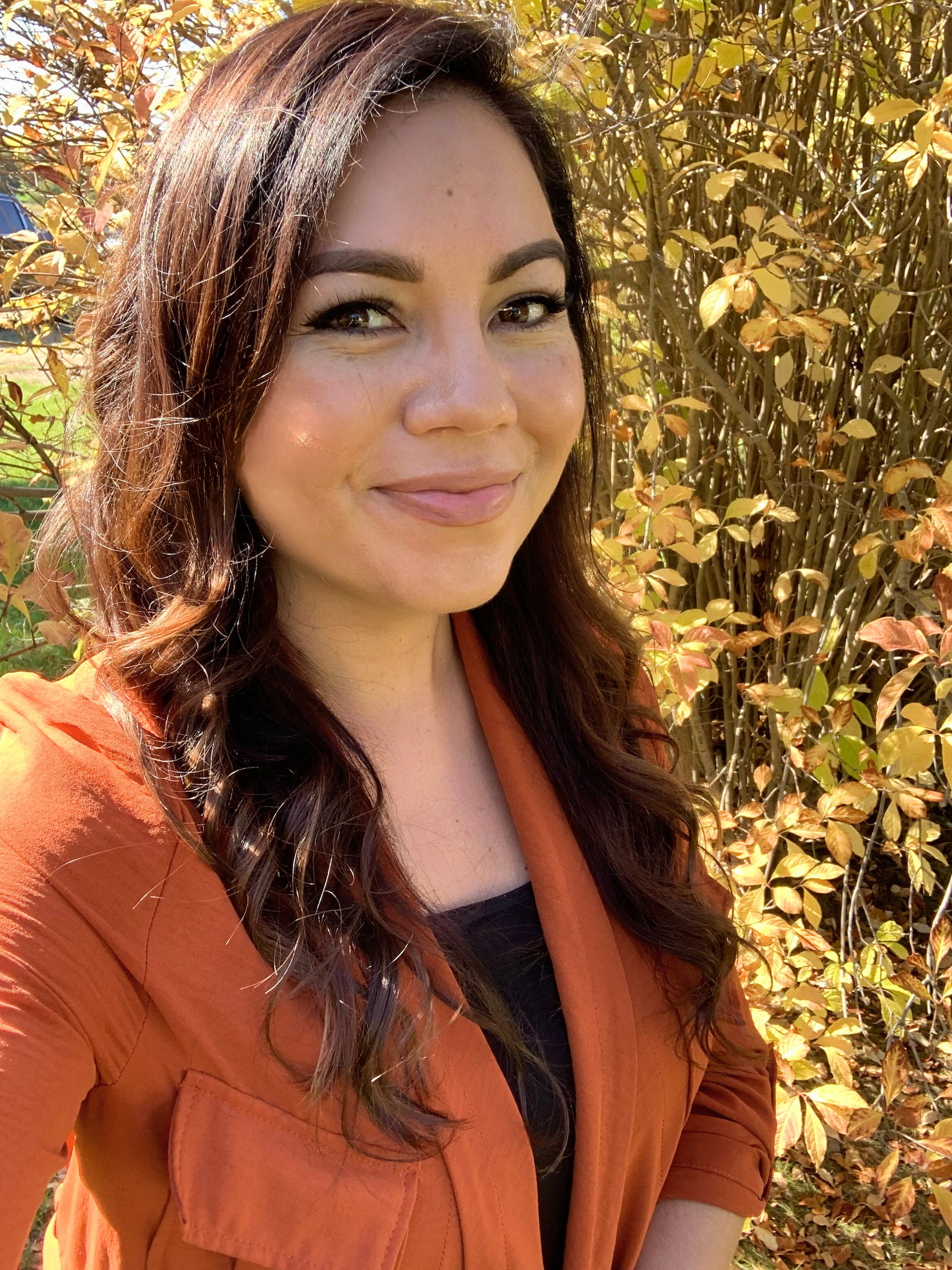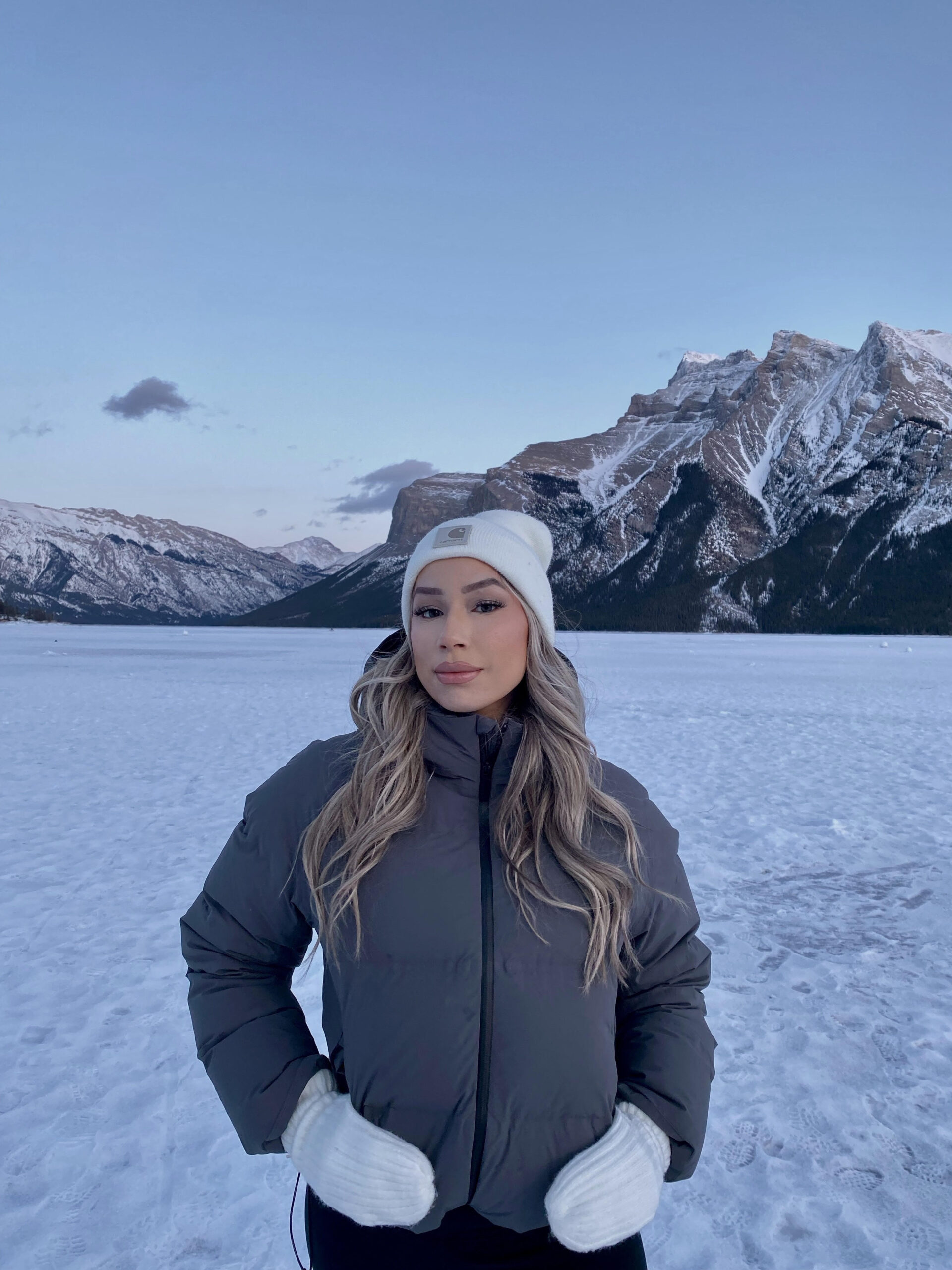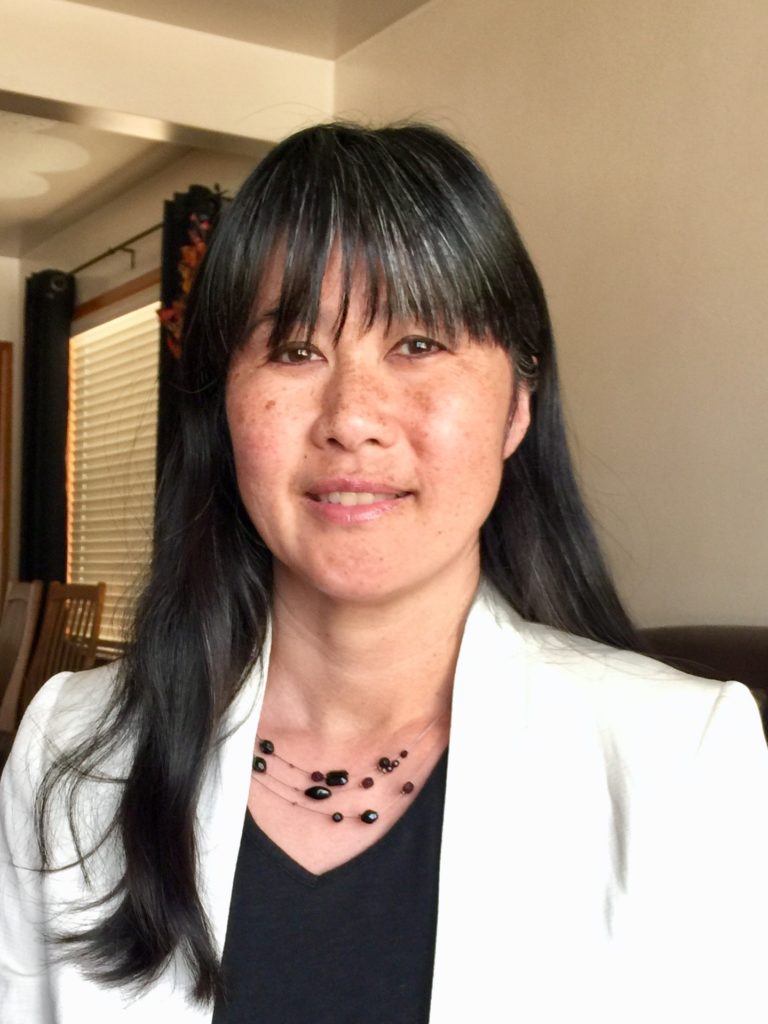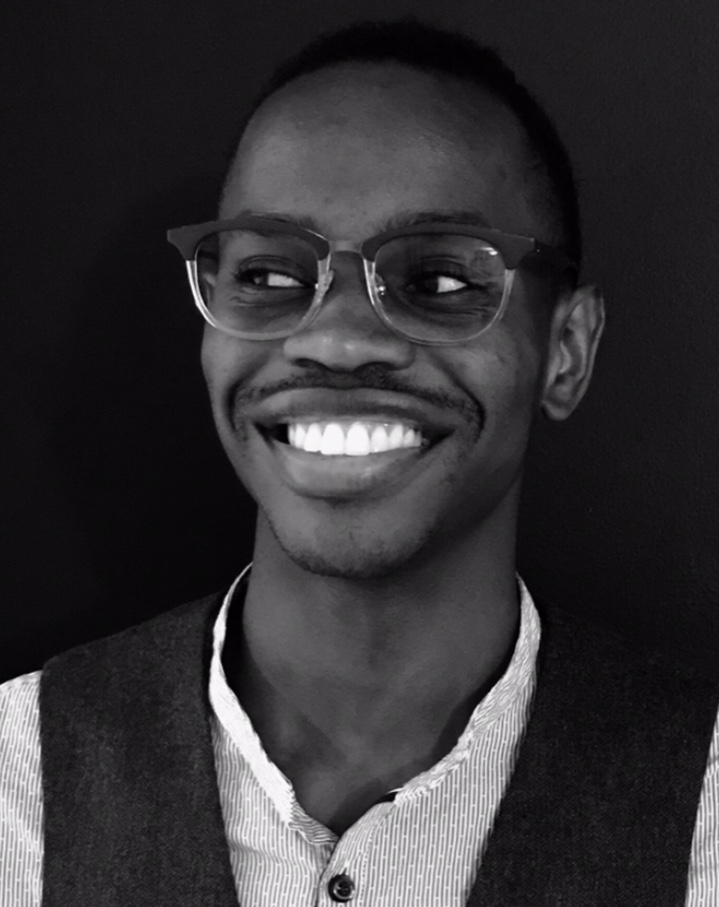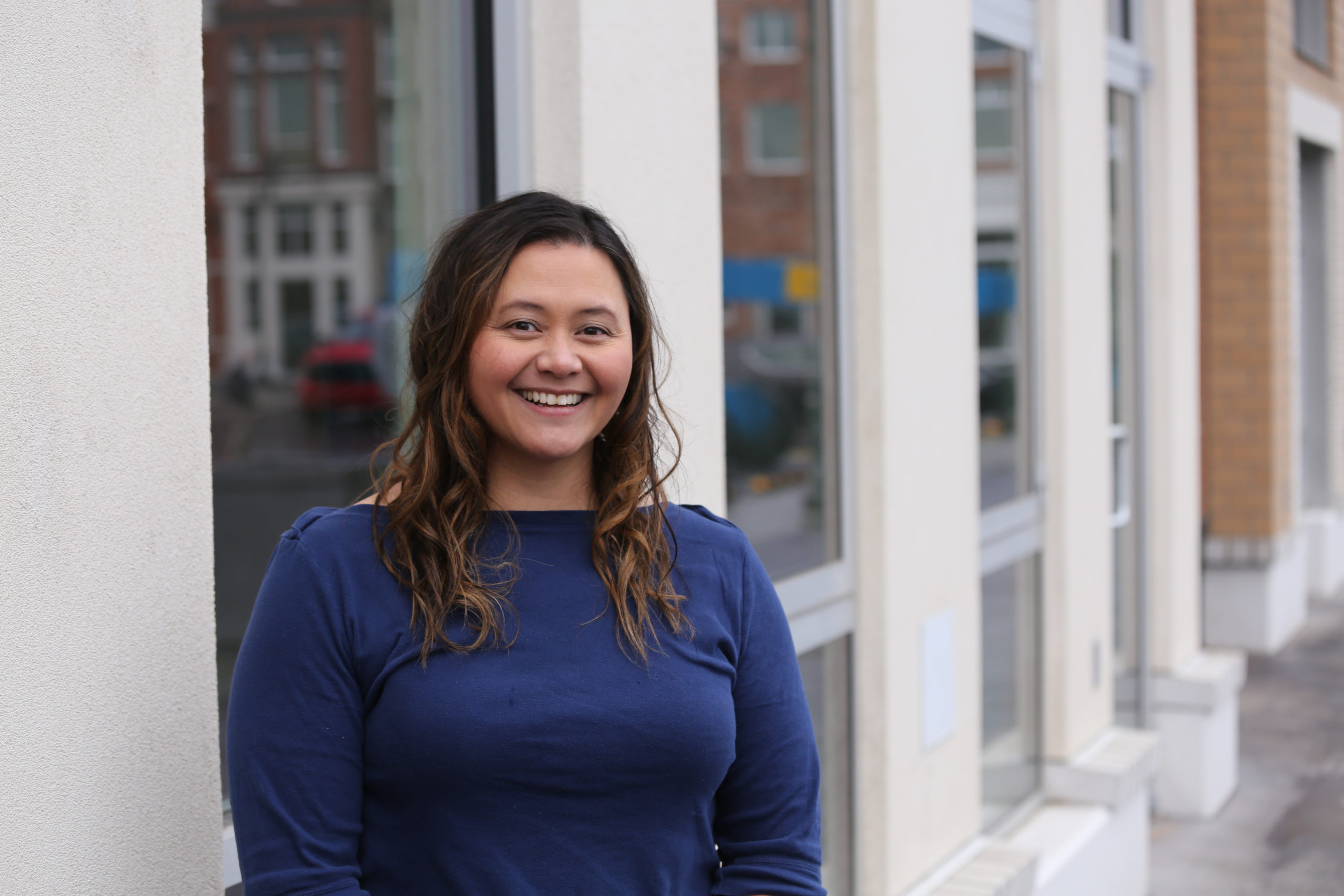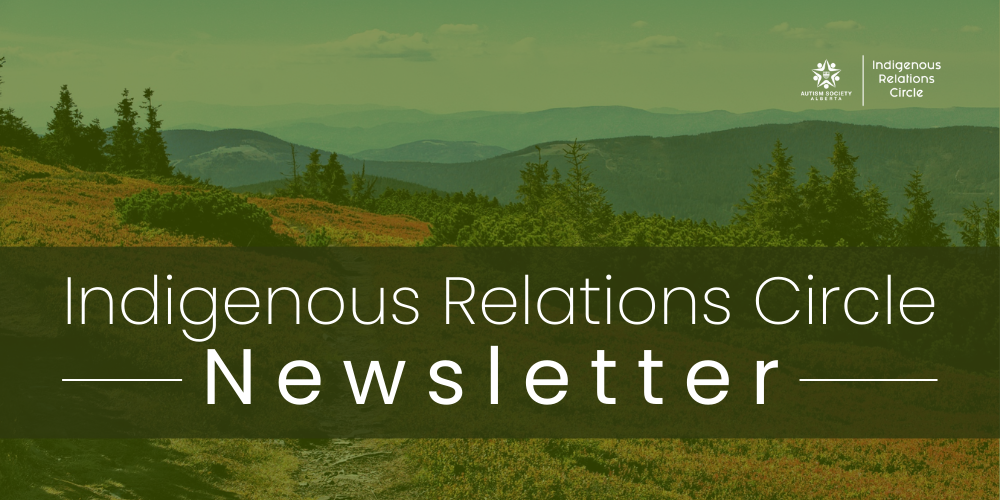Members
Grant Bruno is a father to four amazing children, two of which are on the autism spectrum. Grant is a registered member of Samson Cree Nation, one of the reserves that makes up Maskwacis, Alberta. He has a PhD in Medical Sciences – Pediatrics at the University of Alberta. His PhD research will explore redefining autism from a Cree lens, gathering stories with families and individuals who have experiences with neurodiversity using a strength-based approach, as well as gathering data on the perspectives of autism in Maskwacis. His philosophy is that autism is an adventure and is something to be embraced.
Dr. Pearl Yellow Old Woman-Healy is a member of the Siksika Nation and is a mother of an adult child with Autism. She is a PhD graduate of the Community Health Sciences Program specializing in Community Rehabilitation and Disability Studies from the University of Calgary. Pearl was the graduate representative for the AIM-HI Network that provides mentorship for Indigenous scholars to pursue and build capacity in health research. Her community-based research focused on Siksikaitsitapi informed health and wellness for Siksika children with disabilities. Her recent accomplishments, life experiences, advocacy work and community engagement have influenced her leadership skills and demonstrate her passion in building relationships, fostering connections, and deepening understandings that will enhance culturally competent health care for Indigenous children.
Stephanie James is an Indigenous woman whose family is from Seabird Island First Nation in BC. She comes from a long line of resilient family members who have history attending Residential Schools, but despite their traumatic experiences, have been very active in their community, and give back in a good way. Her education is in Social Work, she has worked in the disability sector since 2017, and one of her greatest passions is working to ensure all First Nations, Metis and Inuit people have equitable access to services and support – especially those who are living with disabilities/differences.
Amy is settler woman living in the ancestral territories of her spouse and children, who are from the Lac Ste. Anne Métis community and Michel First Nation. Her youngest son is intellectually and developmentally disabled, and Amy and her middle son are ADHDers. Inclusion and radical acceptance are foundational philosophies in their family. Amy’s professional and lived experience includes Indigenous rights work, social justice, human rights, and Métis policy work. In 2015, Amy founded a grassroots organization supporting inclusion in the Tri-Region. She is currently completing an Indigenous Master of Social Work with University nuhelot’įne thaiyots’į nistameyimâkanak Blue Quills. Her research is looking at: 1) how non- Indigenous social workers are educated and 2) decolonizing disability and decolonizing inclusion.
Emily Coombs is a Queer – Autistic PhD student in Educational Psychology at the University of Alberta. Her doctoral research explores how autistic individuals understand gender and sexuality, using a community-based participatory research (CBPR) approach grounded in neurodiversity and self-determination. Emily is also affiliated with the University of Calgary and the University of Victoria, and she works to build bridges across these institutions when shared research priorities arise. In addition to her academic work, Emily is a provisional psychologist serving a remote First Nations community on Treaty 6 territory. She honours all her ancestral roots and is actively engaged in reconnecting with the cultures and communities in which she was not raised.
Iris Plain Eagle is an Instructor in the Faculty of Social Work, Southern Alberta Region, with the University of Calgary. She has social work practice experience working with diverse populations and leadership in human service organizations for the areas of justice, family violence, homelessness, and Indigenous issues.
Doctorate of SW (c) (Walden University, Baltimore, USA), MSW (UCalgary), BSW (UCalgary), Registered Social Worker, Diploma Social Work (MH College).
Tânsi, my spirit name is Fast Charging Woman and my birth name is Brandy White. I am Cree Métis from Treaty 6 Territory and a first year MSc counselling psychology student at the University of Calgary. My journey into academia has been guided by my lived experiences of being a paramedic for 20 years in various Indigenous communities throughout Alberta. Being privy to the current medicalized approaches to mental health and how they do not embody nor acknowledge Indigenous ways of knowing and being, my research is to investigate trauma, healing, and wellness from Indigenous worldviews. My hope as an Indigenous researcher is to inform the discipline of psychology the effectiveness of culturally relevant and responsive therapies for Indigenous communities that align with their traditional worldviews. As a future mental health practitioner, my hope is to work with community and practice from a culturally safe space that honours Indigenous traditional values and beliefs to wellness.
Kristen Swampy is a member of One Arrow First Nation; she is a registered nurse and a mother of a child on the autism spectrum. She is completing her Master of Education, studying courses on educating children with autism and Indigenous education. Kristen founded and is the current President of Connect-Belong-Grow Autism Support Association. This non-profit society offers support to autistic people and their families in the Edmonton area. She hopes to use her professional and personal experience to advocate for access to support and resources forIndigenous autistic individuals and their families within their communities.
Tyra Lightning is Plains Cree from Samson Cree Nation in Maskwacis. She currently serves as the Care Navigator with the Indigenous Care Collective (ICC). In her role, Tyra supports families in Maskwacis by helping local caregivers access essential resources and services. She advocates for the needs of these families within the healthcare and social service systems, ensuring they receive the care and attention they deserve. Tyra is also deeply involved in supporting ICC’s community research efforts and works to raise awareness about caregiving challenges. Her dedication extends beyond Maskwacis, as she promotes a broader understanding of caregiving issues in other Indigenous communities as well.
Shino Nakane is the Provincial Director for Autism Society Alberta. She has volunteered on a variety of boards and committees over the past decade and is currently co-vice chair for the Autism Alliance of Canada . She is a current member, and past Vice Chair, of the Premier’s Council on the Status of Persons with Disabilities, an advisory body for the Government of Alberta. Shino is the mother of a young adult who is on the autism spectrum who communicates uniquely without words to the people he loves and the world around him. Shino continually strives to spearhead efforts so that all people are able to live in accessible and inclusive communities.
Tim has a robust background as a contractor, writing and developing local, regional and national autism projects across Canada. Having a scientific background (BSc. Biochem), Tim brings a panache for research to the Indigenous Relations Circle. Presently, Tim serves as the Operations Coordinator at Autism Calgary Association. Anything that crosses his purview is handled with a keen eye for design, which is his passion on and off work.
Morine Rossi is the Programs Manager at Autism Edmonton, an educator by training and a parent of an autistic child. She has taught to all ages of students and adults and has a vision of a society of inclusion and acceptance of all people. Morine has been very involved in the disability community both personally and professionally for over 15 years, as a program creator and facilitator, educator, peer group moderator, board member and advocate. Her lived experience with disability, neurodiversity, system navigation gives her a unique lens and insight to support other families on this journey. Morine loves to travel, garden and spend time with her family in her spare time.
